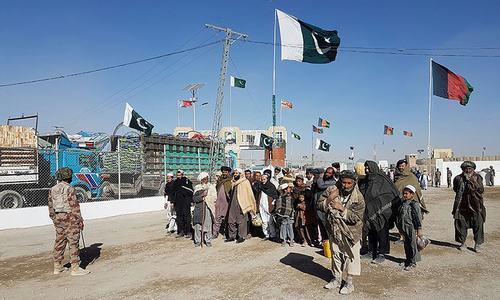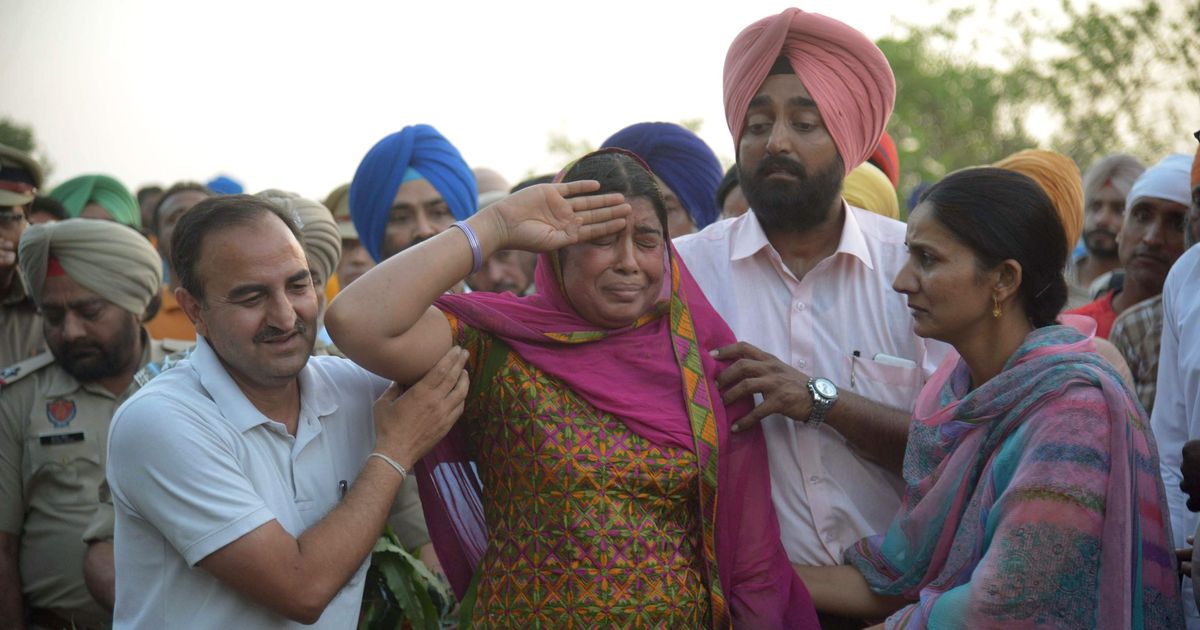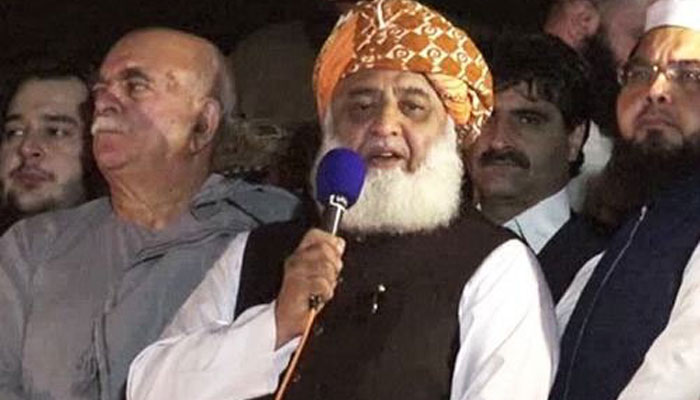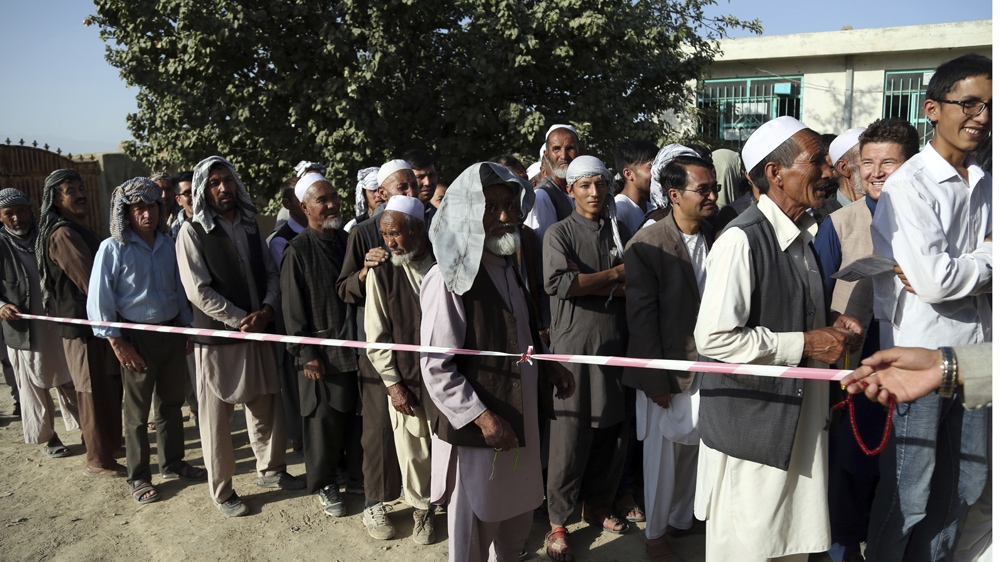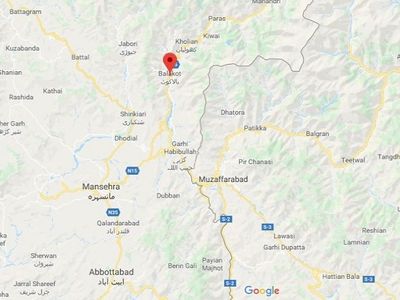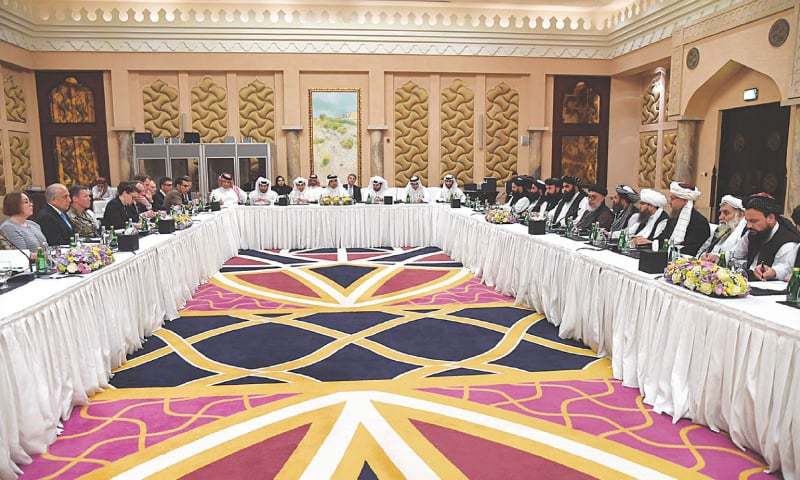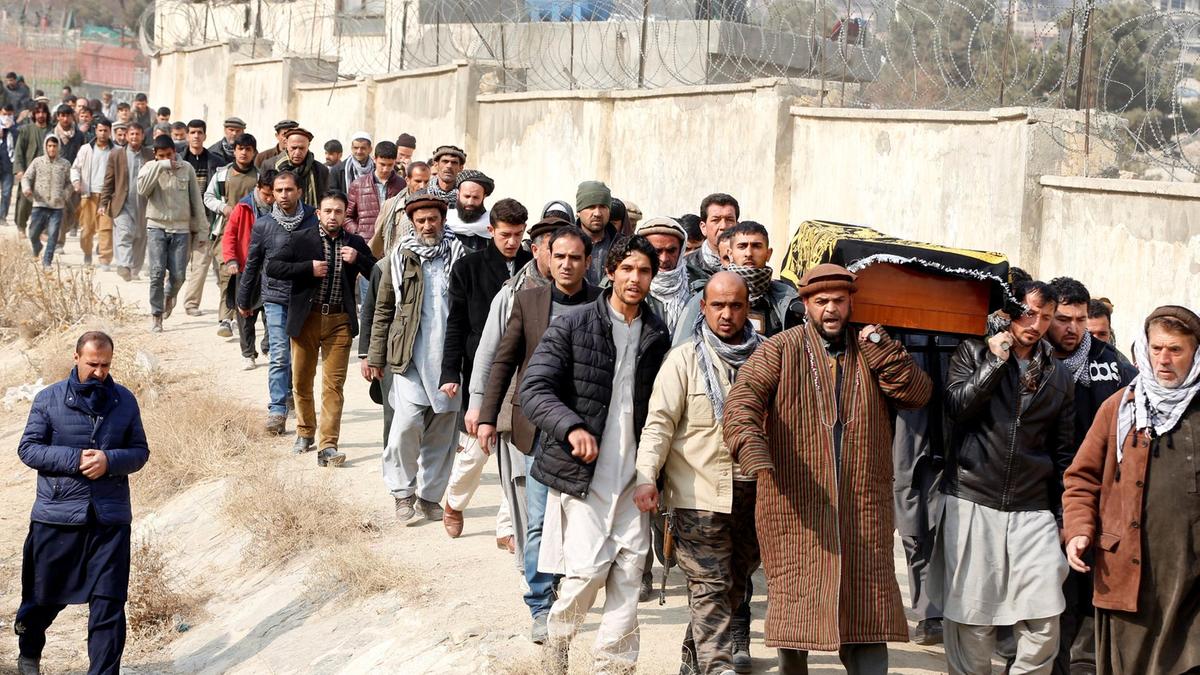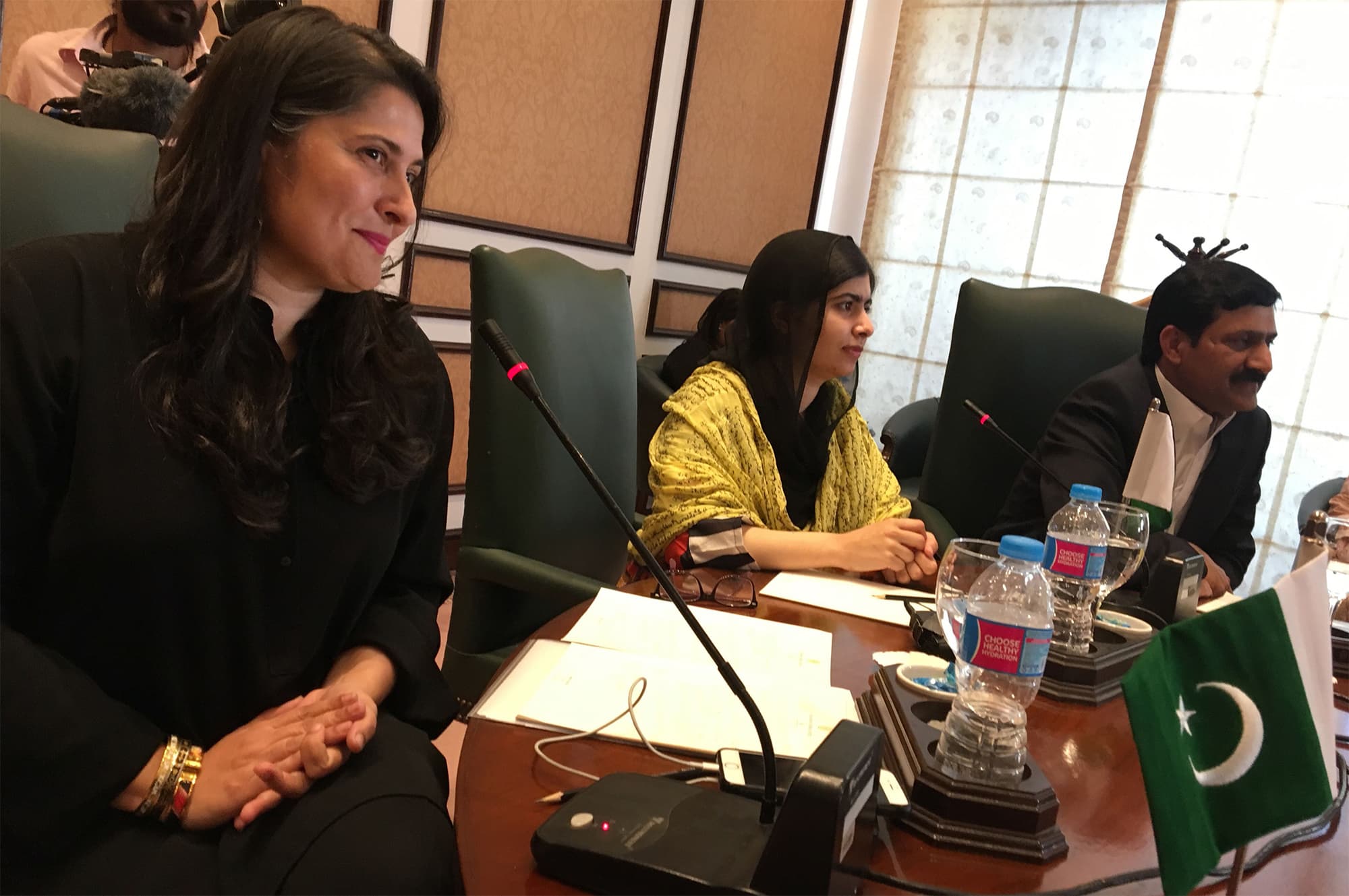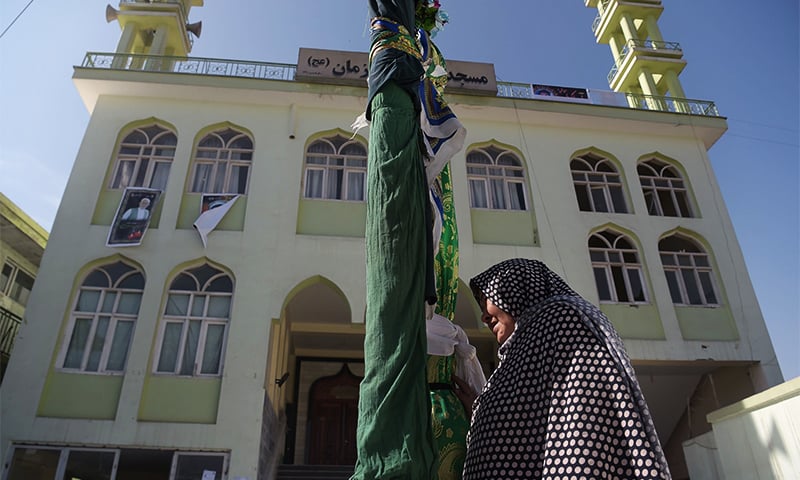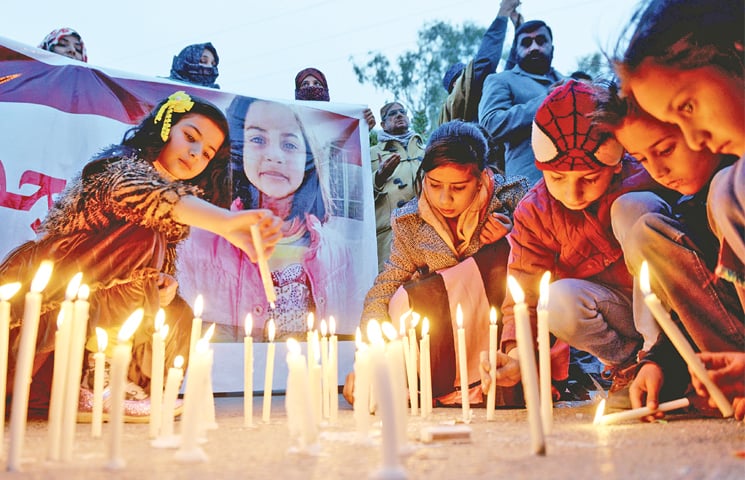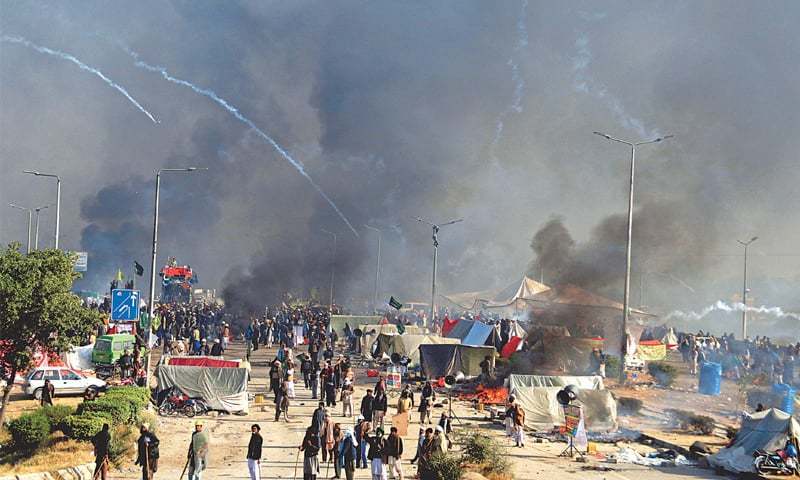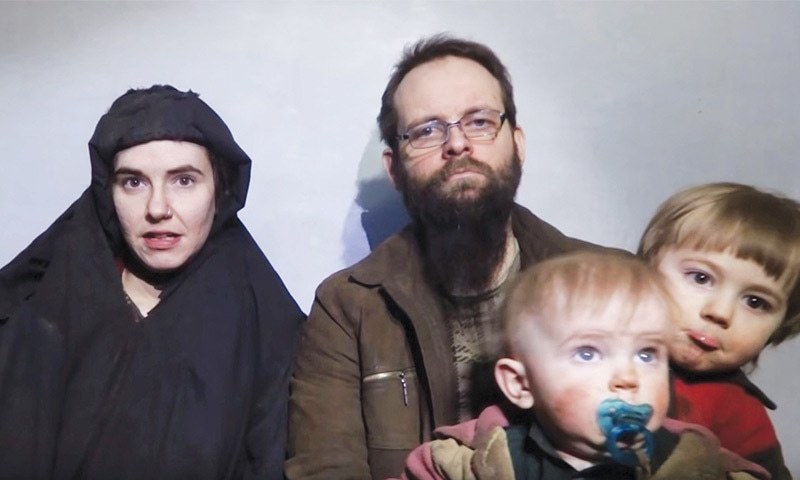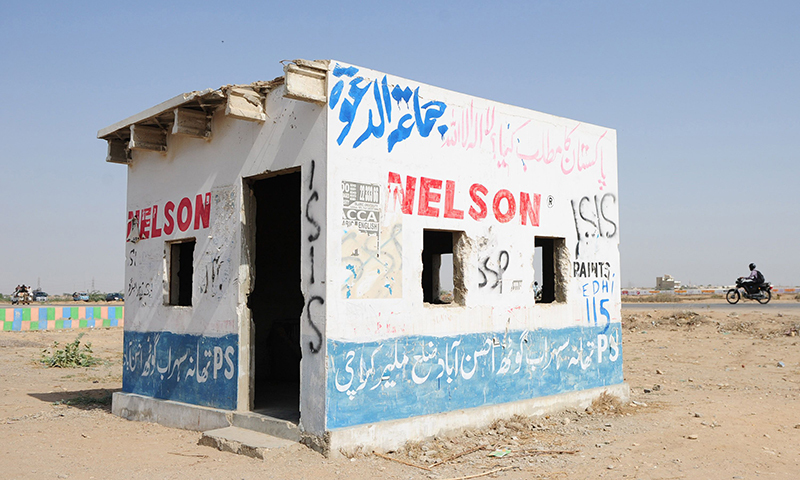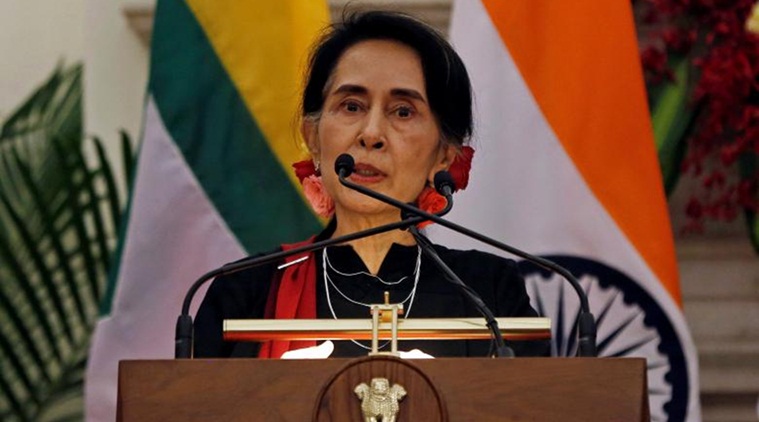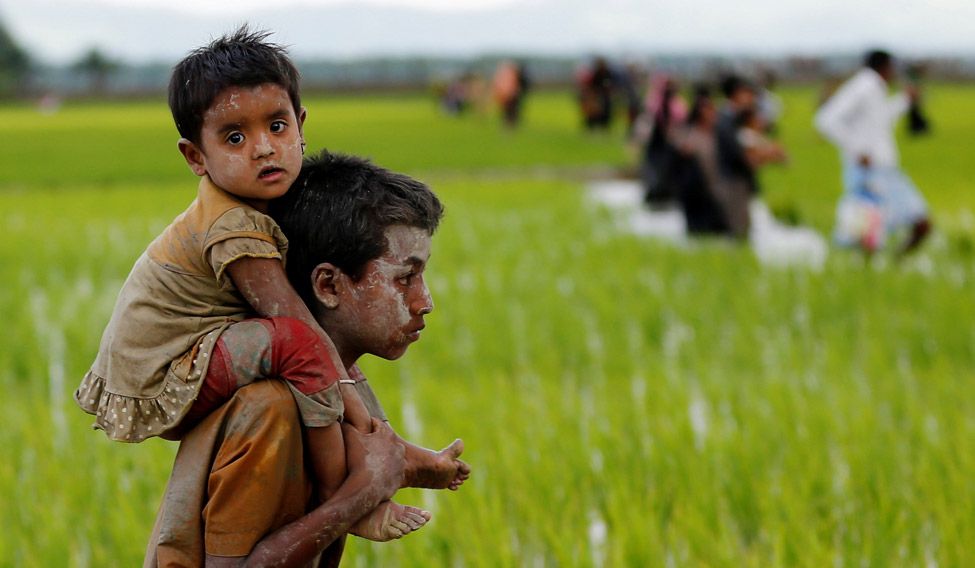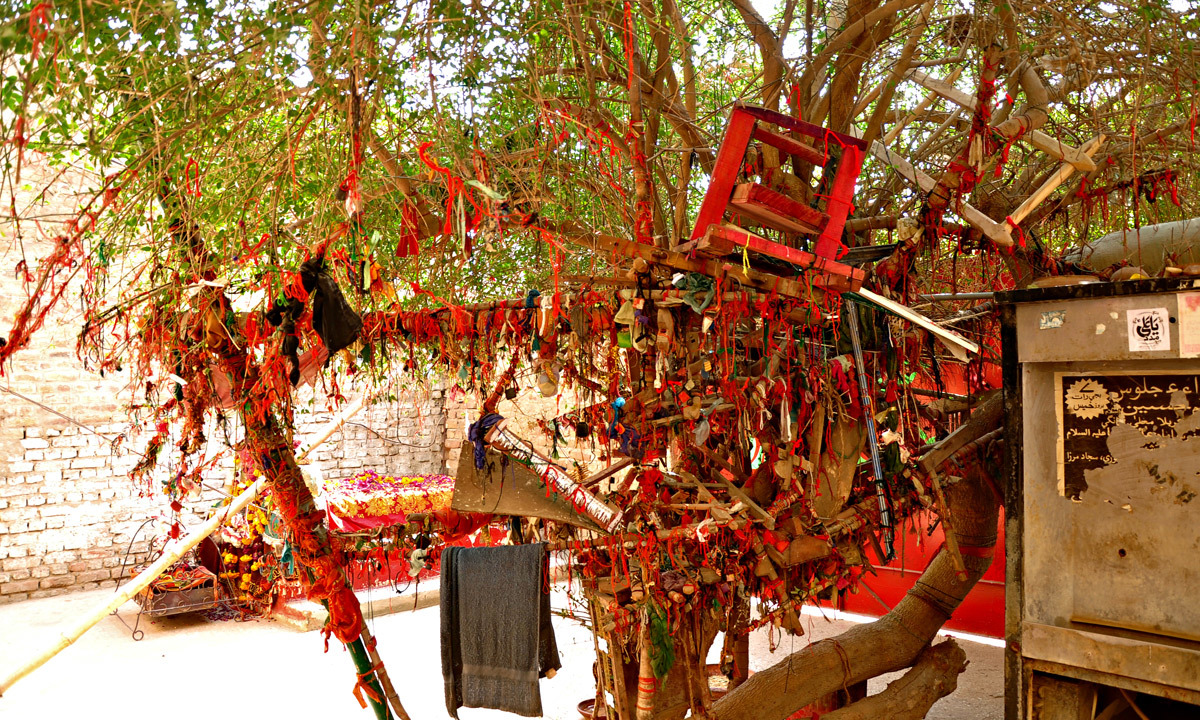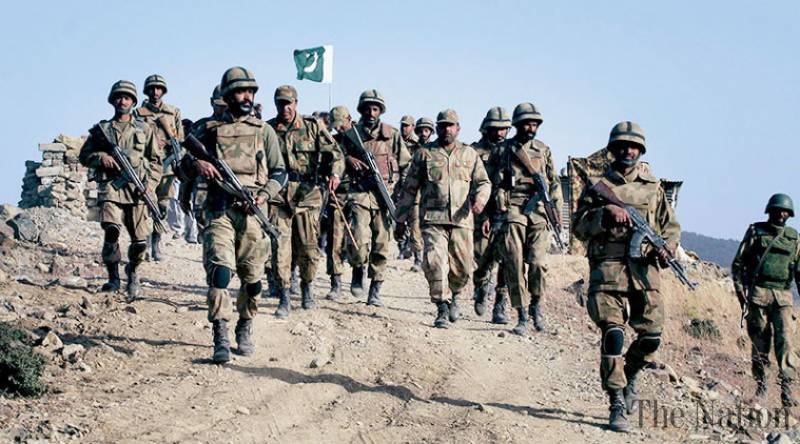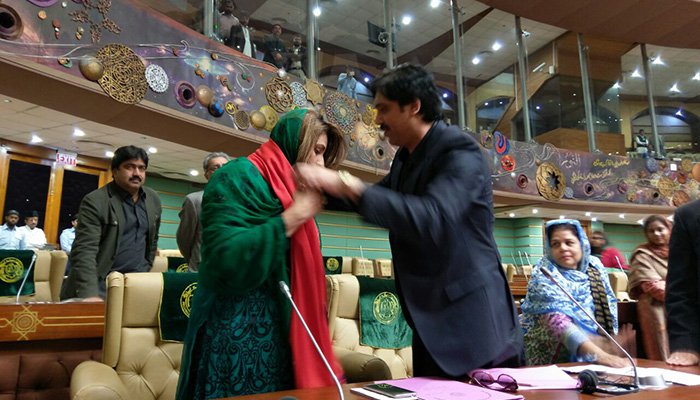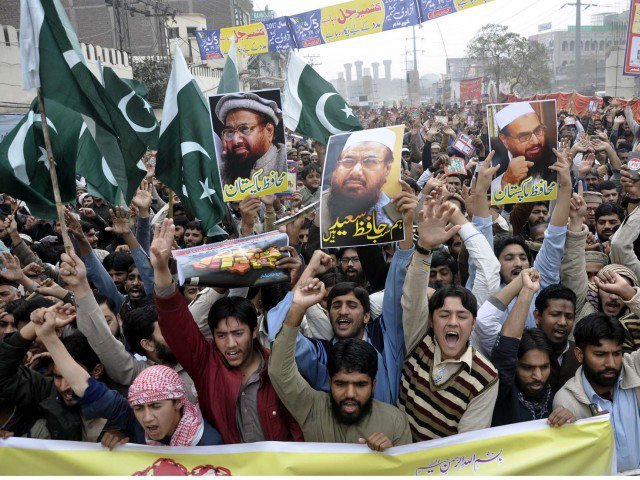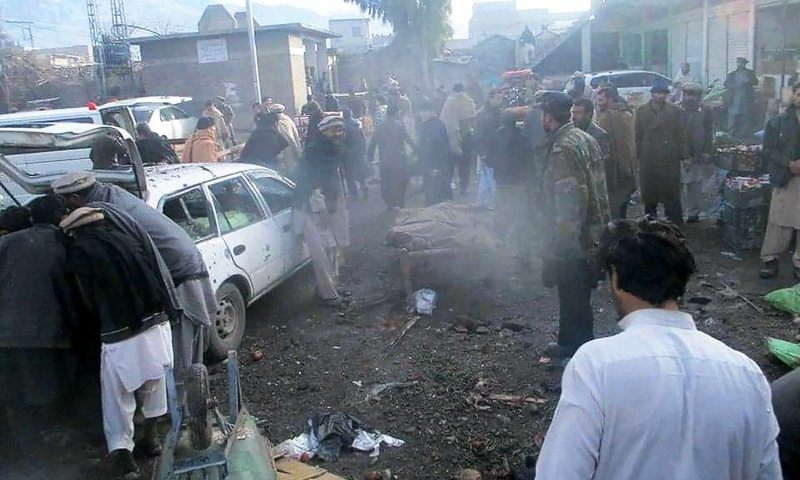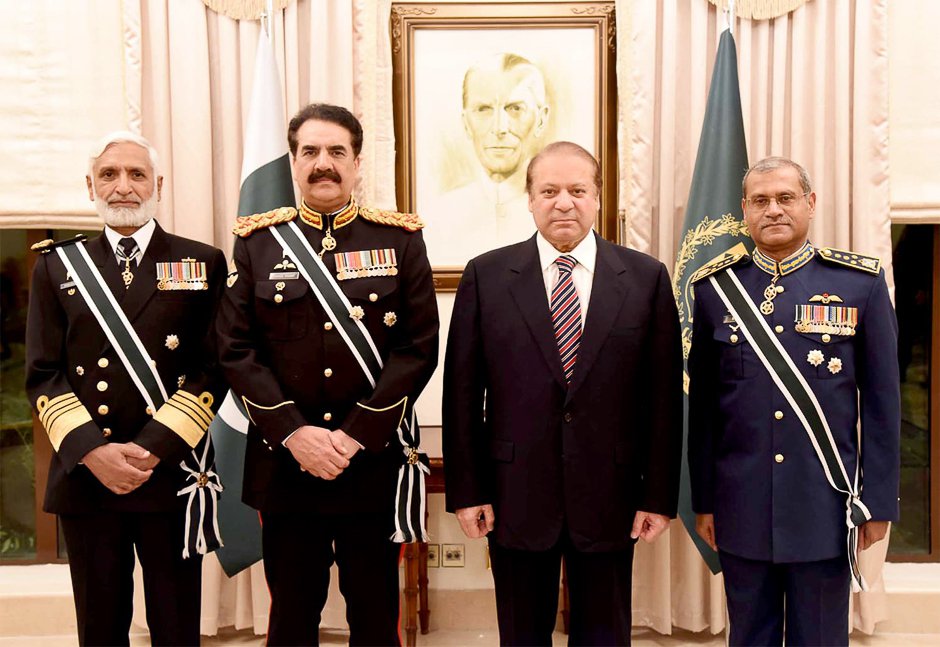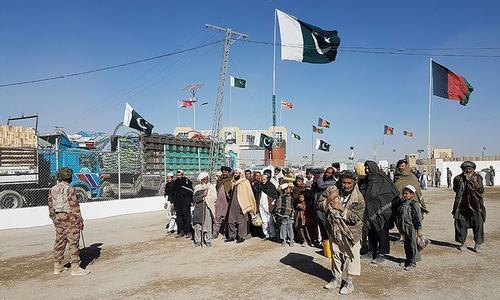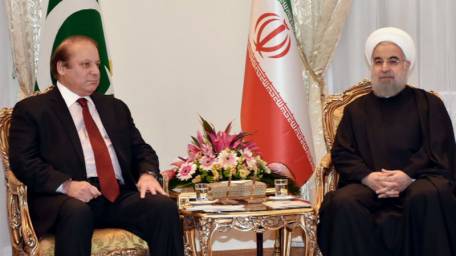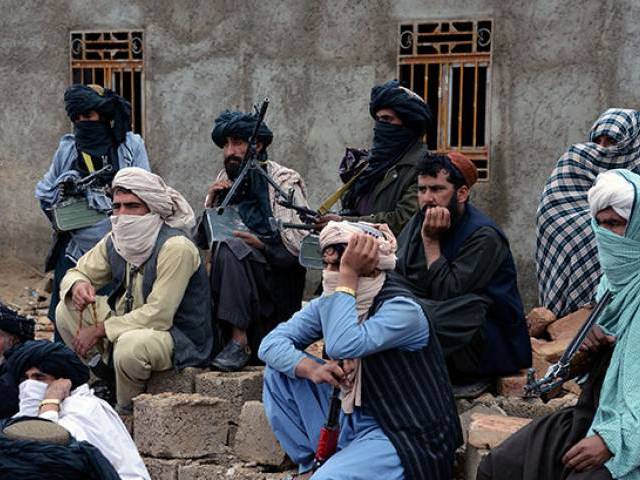CR Analysis
D. Suba Chandran
Professor
International Strategic and Security Studies Programme (ISSSP)
National Institute of Advanced Studies (NIAS), Bangalore
D. Suba Chandran
Professor
International Strategic and Security Studies Programme (ISSSP)
National Institute of Advanced Studies (NIAS), Bangalore
Hundreds of militants have been killed ever since the military in Pakistan launched an offensive against the Tehrik-i-Taliban Pakistan (TTP) in the country’s Federally Administered Tribal Areas (FATA) in June 2014. There have also been numerous reports that ever since the military operations began, there has been an exodus of militants and civilians from the FATA into Afghanistan cutting across the Durand Line.
As a headline in one of the leading news papers read, Pakistan today wants Afghanistan to either “extradite” Mullah Fazlullah, the leader of the TTP, or “eliminate” him. Will such an approach with Afghanistan succeed, given the large-scale differences between Kabul and Islamabad?
After innumerable deliberations within Pakistan and the chimera of a dialogue with the TTP, the military operations have begun only now. But the harsh reality for Pakistan is: there are no similar operations from the other side of the Durand Line, or even a basic security template in Afghanistan to deal with those who are currently crossing the border between the two.
General Asim Saleem Bajwa, in one of his Inter-Service Public Relations (ISPR) briefings in early July 2014 commented that “the leader of the TTP Mullah Fazlullah is sitting across the border in Kunar or Nuristan and Afghanistan needs to do something about it.” Perhaps he was, and perhaps Afghanistan should do something about it.
Is TTP a priority for Kabul?
Despite complaints from Pakistan, the Afghan government could not deal with Pakistani militants who have been hiding in Paktia, Paktika, Kunar and Nuristan provinces adjoining the Durand Line. Perhaps, they were not the priority for the present Afghan government that is facing the exit of the US troops, national and provincial elections, and more importantly, its own security threats from the Afghan Taliban and its affiliates including the Haqqani Network.
Though a section within Pakistan believes that Kabul in fact colludes with Fazlullah (along with India and the US of course), it is a farfetched proposition. Fazlullah may not be a priority for Afghanistan, as Hafiz Saeed and Mullah Omar are not for Pakistan.
The politics of “trump cards” and “not our problem” approach have been played so far and will continue to play a crucial role in the role neighbours’ perceptions and subsequent actions against militancy and terrorism.
Across the Durand: Trust Deficit and Militancy
Second, there has been a huge trust deficit between Pakistan and Afghanistan in terms of providing support to militancy. Kabul has repeatedly complained that the roots and bases of Taliban militancy in Afghanistan are inside Pakistan; in particular, the Pakistani military’s reluctance to go after Mullah Omar’s Quetta Shura and the Haqqani Network was viewed that way not only by the Afghan government, but also the International Security Assistance Forces (ISAF) leadership.
Similarly, a section within Pakistan even believes that the Afghan government secretly supports the TTP. Inherent tensions over the Durand Line between the two countries and the recent border clashes have created a huge gap between the Islamabad and Kabul. An added disadvantage for Pakistan is – many in Afghanistan do not trust Pakistan’s Inter-Services Intelligence (ISI), even if they find the political leadership sincere; and since the days of jihad against the Soviets, the Afghans believe that the ISI abused the relationship and would like to control Afghanistan rather than cooperating with them.
Neutralising the TTP: Is Pakistan Serious Now?
Islamabad and Rawalpindi, have, until recently, been reluctant to go after even the Pakistani Taliban. Islamabad (under Prime Minister Nawaz Sharif now, and President Asif Ali Zardari earlier) had been attempting to initiate a dialogue with the TTP, as has been pointed out by the former Director General of the ISPR in a recent interview to the BBC, and Rawalpindi was hesitant to engage the militants through military operations. According to Maj Gen Athar Abbas, “it had been decided in principle that preparations for the operation would take place between 2010 and 2011, and that it would be launched in 2011 to rid North Waziristan of extremists once and for all... He (Gen Kayani) was very reluctant when it came to the North Waziristan operation. Kayani thought the decision to launch the operation would reflect on his personality and people would take it as his personal decision, which is why he kept delaying the operation.”
Given the reluctance within the political and military leadership in Pakistan to go against even the TTP, it would be a Herculean task to convince them to neutralise the Quetta Shura and the Haqqani Network.
Will Afghanistan prevent the movement of the TTP within its soil without a quid pro quo? Even if it wants to pursue the TTP in its border provinces, does Kabul have enough firepower to undertake a parallel operation across the Durand Line? No doubt, the militants belonging to the Afghan Taliban, or the TTP or the al Qaeda – are a threat to the entire region. But until now, despite the pressure from its own public, the leadership in Pakistan has not realised it.
This will pose a huge challenge for Pakistan to achieve any substantial success in Operation Zarb-e-Azb
The above was originally published by the Institute of Peace and Conflict Studies.
